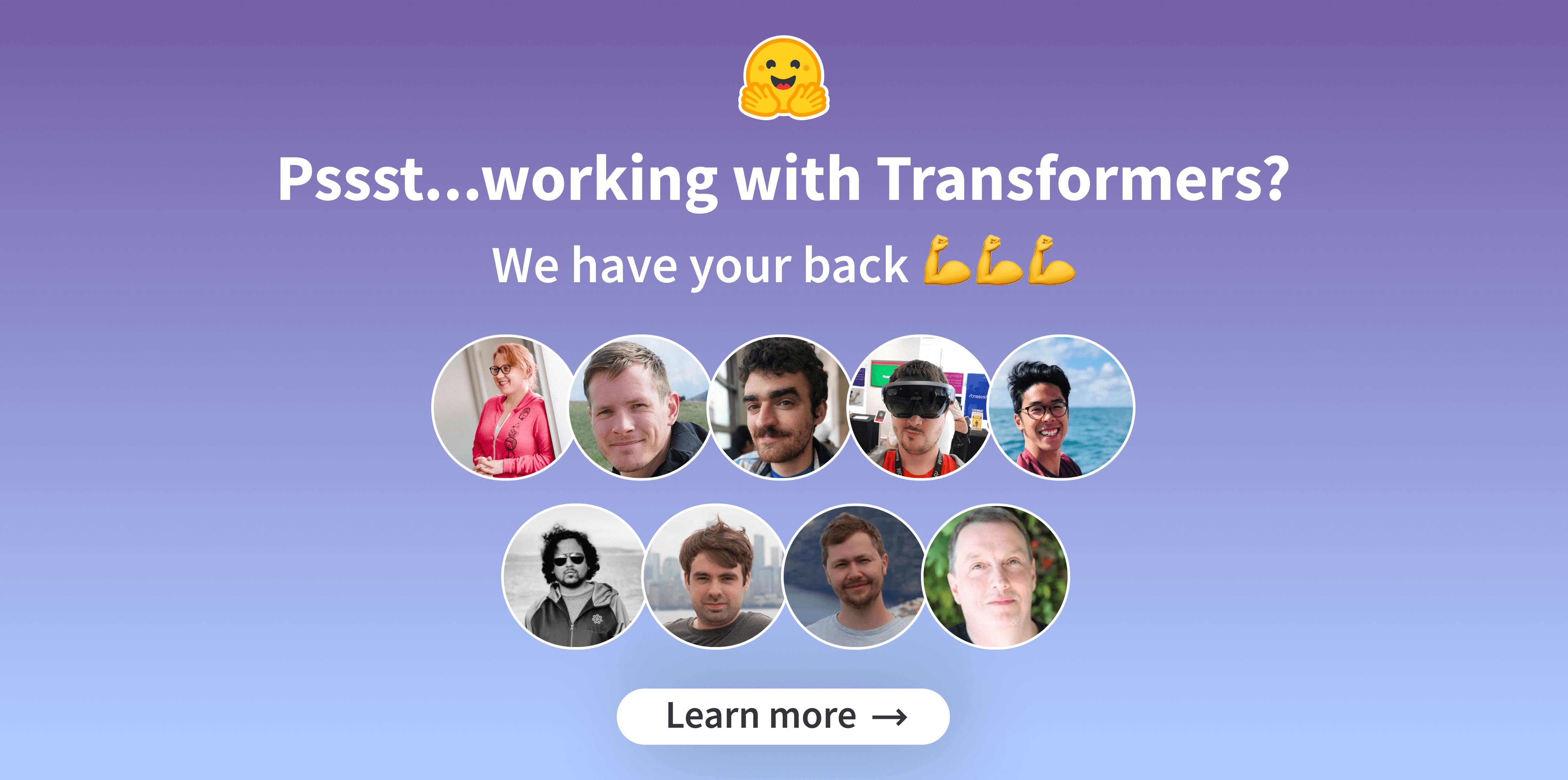* tvp model for video grounding add tokenizer auto fix param in TVPProcessor add docs clear comments and enable different torch dtype add image processor test and model test and fix code style * fix conflict * fix model doc * fix image processing tests * fix tvp tests * remove torch in processor * fix grammar error * add more details on tvp.md * fix model arch for loss, grammar, and processor * add docstring and do not regard TvpTransformer, TvpVisionModel as individual model * use pad_image * update copyright * control first downsample stride * reduce first only works for ResNetBottleNeckLayer * fix param name * fix style * add testing * fix style * rm init_weight * fix style * add post init * fix comments * do not test TvpTransformer * fix warning * fix style * fix example * fix config map * add link in config * fix comments * fix style * rm useless param * change attention * change test * add notes * fix comments * fix tvp * import checkpointing * fix gradient checkpointing * Use a more accurate example in readme * update * fix copy * fix style * update readme * delete print * remove tvp test_forward_signature * remove TvpTransformer * fix test init model * merge main and make style * fix tests and others * fix image processor * fix style and model_input_names * fix tests
36 KiB
🤗 Transformers
State-of-the-art Machine Learning for PyTorch, TensorFlow, and JAX.
🤗 Transformers provides APIs and tools to easily download and train state-of-the-art pretrained models. Using pretrained models can reduce your compute costs, carbon footprint, and save you the time and resources required to train a model from scratch. These models support common tasks in different modalities, such as:
📝 Natural Language Processing: text classification, named entity recognition, question answering, language modeling, summarization, translation, multiple choice, and text generation.
🖼️ Computer Vision: image classification, object detection, and segmentation.
🗣️ Audio: automatic speech recognition and audio classification.
🐙 Multimodal: table question answering, optical character recognition, information extraction from scanned documents, video classification, and visual question answering.
🤗 Transformers support framework interoperability between PyTorch, TensorFlow, and JAX. This provides the flexibility to use a different framework at each stage of a model's life; train a model in three lines of code in one framework, and load it for inference in another. Models can also be exported to a format like ONNX and TorchScript for deployment in production environments.
Join the growing community on the Hub, forum, or Discord today!
If you are looking for custom support from the Hugging Face team

Contents
The documentation is organized into five sections:
-
GET STARTED provides a quick tour of the library and installation instructions to get up and running.
-
TUTORIALS are a great place to start if you're a beginner. This section will help you gain the basic skills you need to start using the library.
-
HOW-TO GUIDES show you how to achieve a specific goal, like finetuning a pretrained model for language modeling or how to write and share a custom model.
-
CONCEPTUAL GUIDES offers more discussion and explanation of the underlying concepts and ideas behind models, tasks, and the design philosophy of 🤗 Transformers.
-
API describes all classes and functions:
- MAIN CLASSES details the most important classes like configuration, model, tokenizer, and pipeline.
- MODELS details the classes and functions related to each model implemented in the library.
- INTERNAL HELPERS details utility classes and functions used internally.
Supported models and frameworks
The table below represents the current support in the library for each of those models, whether they have a Python tokenizer (called "slow"). A "fast" tokenizer backed by the 🤗 Tokenizers library, whether they have support in Jax (via Flax), PyTorch, and/or TensorFlow.